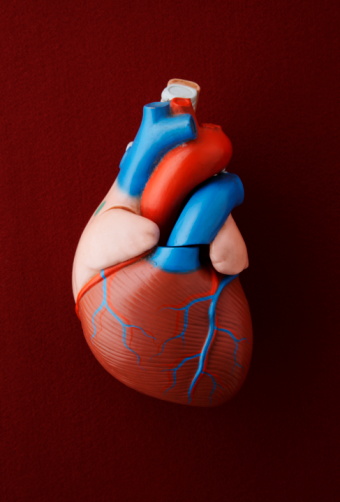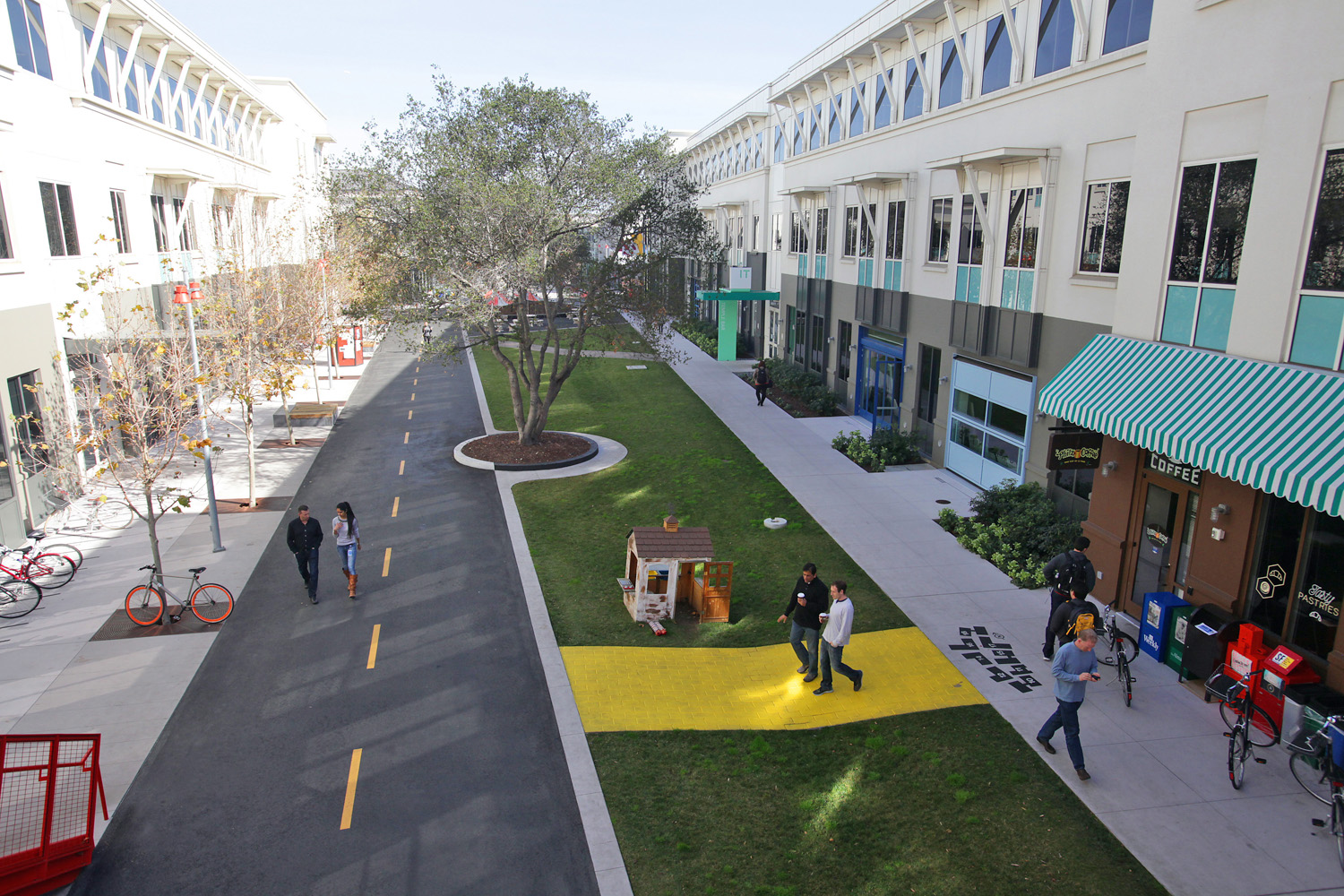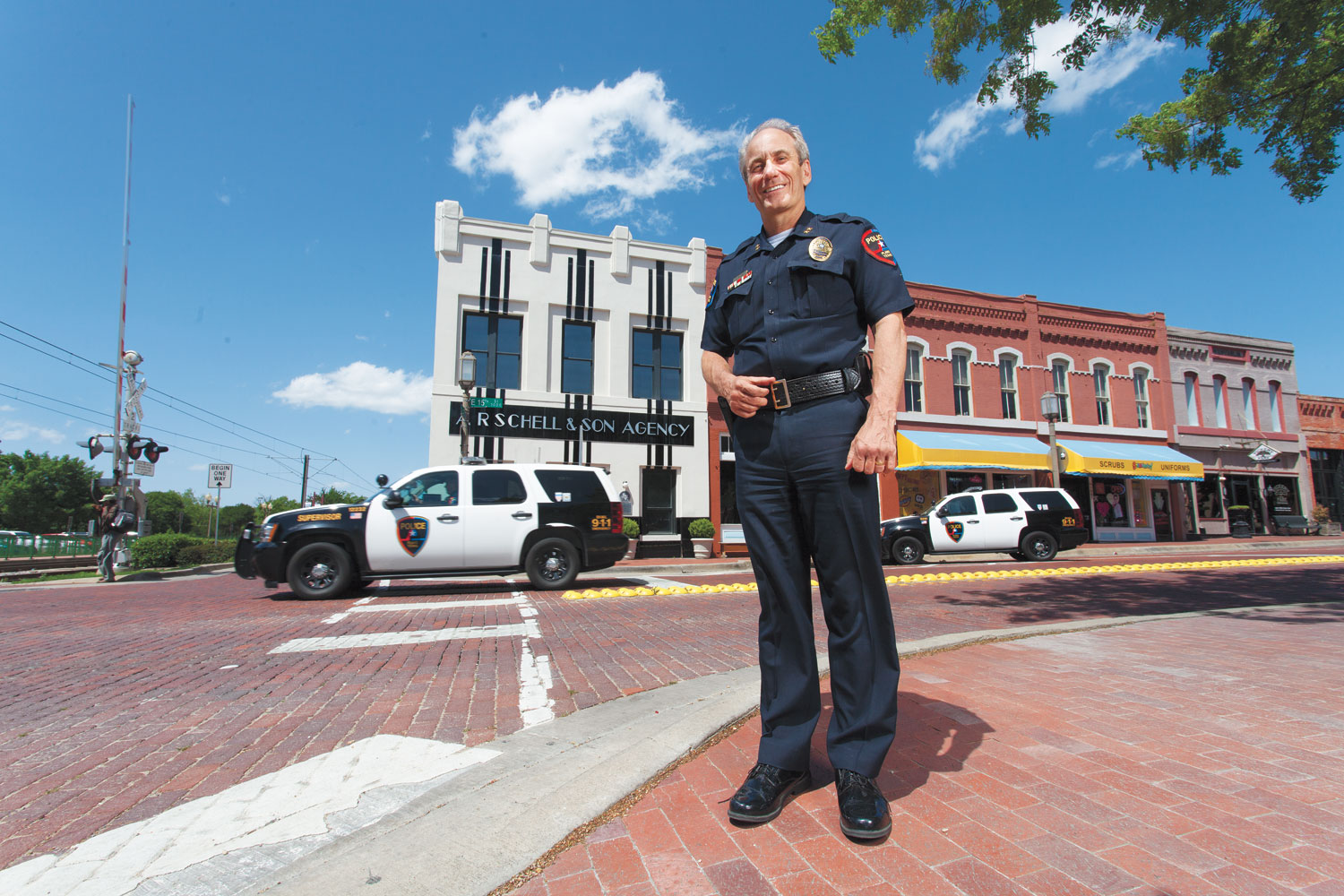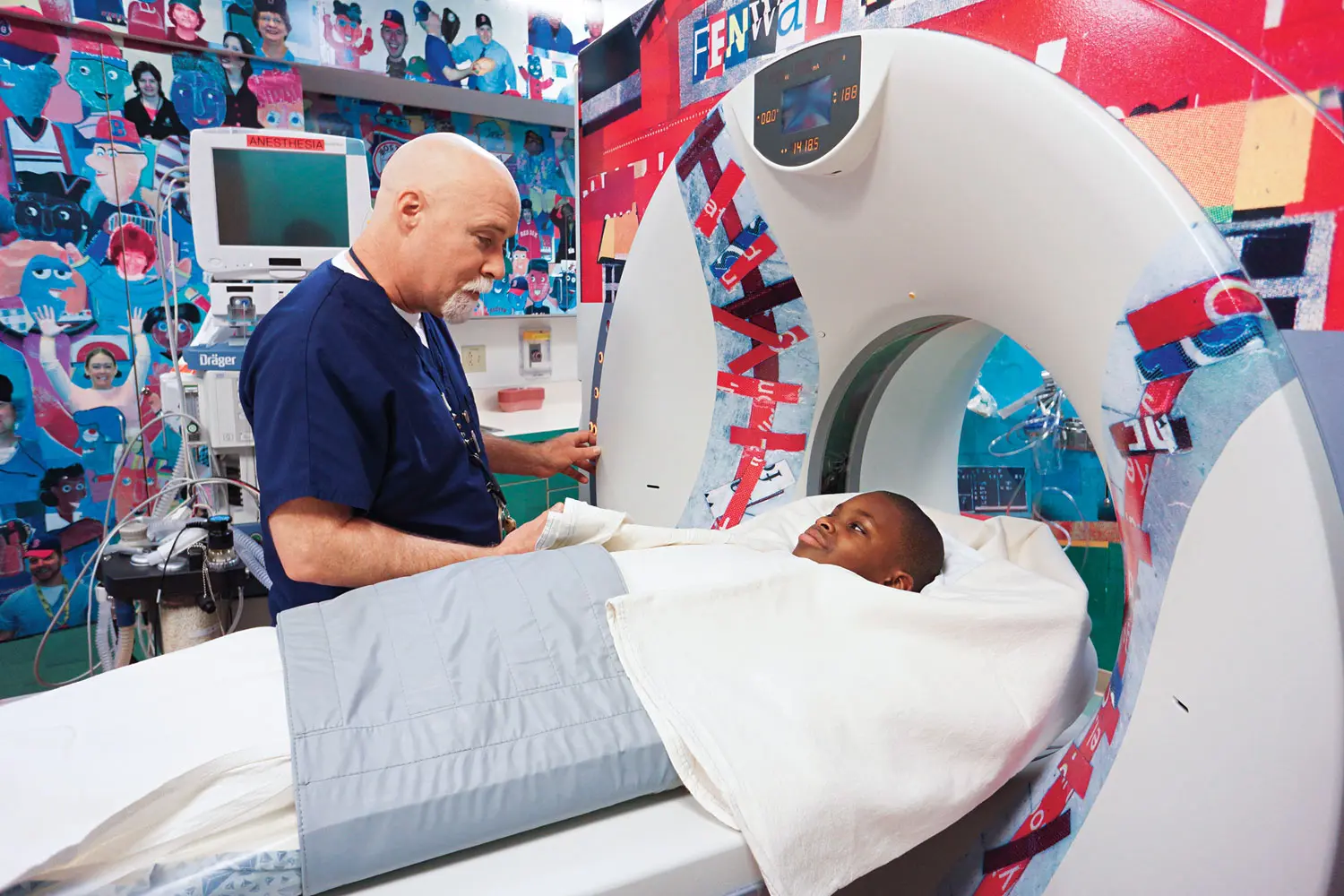
Thanks to more education about healthy eating and advancements in treatment, fewer people die of heart disease than in the past. That said, clogged heart arteries are still the number-one cause of death in the United States. Although heart attack symptoms can be a scary first sign of trouble (and keep in mind women have different symptoms than men), sometimes the body offers up more subtle clues that something is amiss with your ticker. The following is a list of symptoms that might be worth a chat with your doctor. But they may also be caused by a bunch of other things, so don’t freak out. (Many of these are also symptoms of anemia, so check out 15 Signs You May Have an Iron Deficiency.) Only your real doctor—not Dr. Google—can really tell you if these symptoms mean anything at all.
You’re extremely tired
This isn’t just lack of sleep tired; it is extreme fatigue. Think of how you feel when you get the flu, except this doesn’t go away. “A lot of women kind of blow this off assuming it’s nothing and that they will feel better, but in reality it could be a sign of your heart,” says Suzanne Steinbaum, DO, Director of Women’s Heart Health at the Heart and Vascular Institute at Lenox Hill Hospital in New York City. The reason why you feel that way: It comes down to a lack of oxygen. “The heart is struggling and straining to deliver the oxygen to your body.” That said, plenty of people feel tired for lots of reasons. If this is your only symptom, you can talk to your doctor, but don’t conclude you have heart trouble based on this alone.
Read more: 15 Signs You May Have an Iron Deficiency
Your feet swell
Feet swelling can occur for a bunch of garden-variety reasons, such as pregnancy, varicose veins (which are unsightly but not dangerous), or when you travel and have limited ability to move around. It can also be a sign of heart failure, a chronic condition in which the heart pumps blood inefficiently. “Swelling can also occur when the heart valve doesn’t close normally,” says Michael Miller, MD, professor of cardiovascular medicine at the University of Maryland School of Medicine. Some medications for blood pressure and diabetes could also cause swelling, says Dr. Miller. “Heart-related foot swelling is usually accompanied by other symptoms that include shortness of breath and/or fatigue,” he says. If you recently developed foot swelling, see your doctor to determine the cause and how best to treat it.
You have extreme pain when you walk
If your hip and leg muscles cramp when you climb, walk, or move, then feel better when you rest, don’t shrug it off as due to old age or a lack of exercise (though those things certainly could be the culprits). It could be a sign of peripheral arterial disease, also known as PAD. PAD is a buildup of fatty plaque in leg arteries that is linked to a higher risk of heart disease. If you have PAD there’s a 50% chance you also have a blockage in one of the heart arteries, says Dr. Miller. The good news? PAD (and heart disease for that matter) is a very treatable condition.
Read more: 14 Reasons You’re Tired All the Time
You get dizzy or light-headed
Again, this is one of those symptoms that can have many non-heart related causes. If you have ever been to a gym, you may have seen warning signs to stop walking, running, cycling or elliptical stepping if you feel dizzy or light-headed. This symptom could be caused by dehydration or because you “got up too quick,” but if it occurs on a regular basis then talk to your doctor to see if medication side effects, inner ear problems, anemia, or, less commonly, heart issues are to blame. This spinning state could be caused by blockages in arteries that lessen blood pressure or by faulty valves that cannot maintain blood pressure, says Dr. Miller.
You get short of breath, even though you’re fit
Despite your thrice-weekly cycling classes, you get winded walking up a flight of stairs or you’re coughing a lot. What gives? It could be asthma, anemia, an infection, or rarely a problem with the heart’s valves or its ability to pump blood. “Fluid buildup affecting the left side of the heart can produce wheezing that simulates bronchial asthma,” Dr. Miller says. “Once the valve is fixed, fluid no longer builds up in the lungs and the patient breathes easier.” Since exercise can strengthen the heart, get this symptom checked out so it doesn’t interfere with your ability to get a good workout.
Read more: 12 Worst Habits for Your Mental Health
You’re depressed
Depression is one of the most common problems in the world, and it affects 19 million Americans each year. Depression is probably not a sign that you have heart trouble (as if you need something else to worry about.) But mental wellbeing is linked to physical wellbeing; many studies suggest that people who are depressed are at greater risk of heart trouble. “People who have multiple risk factors for heart disease or who do have heart disease have a tendency to be depressed,” says Dr. Steinbaum. Either way you look at it, it’s another reason to seek help if you are depressed.
You get migraines
Sometimes a headache is just a headache. But in some cases, regular migraines suggest that something is amiss with your ticker. Migraines occur in 12% of the general population, but that stat rises to around 40% in patients with cardiovascular disease. And while there isn’t a clear-cut connection, the occurrence of migraines with auras has been related to some heart abnormalities, so it is possible that these attacks might have a connection to dysfunction of the heart. One theory is that they could both are the result of autonomic nervous system imbalances.
Read more: 10 Signs You Should See a Doctor for Depression
You can hear your heart beat when you fall asleep at night
“Some patients with a loud faulty valve can even hear the sound of their valve at night when they are trying to fall asleep,” Dr. Miller says. And while some patients adjust to the sound and often just change their sleeping position so as not to hear it, doesn’t mean you should ignore it. If you’re being lulled to sleep by the thump-thump of your heart, tell your doctor so he or she can find out why. A pounding heartbeat can also be a sign of low blood pressure, low blood sugar, anemia, medication, dehydration, and other causes.
Anxiety, sweating, and nausea attack you all at once
You’re suddenly anxious, sweating, and nauseous. These are classic symptoms of a panic attack, but they are also heart attack symptoms. If these early heart symptoms are followed up with shortness of breath (though you haven’t moved a muscle), extreme fatigue, or accompanied by pain, fullness, or aching in the your chest that may (or may not) radiate to the back, shoulders, arm, neck, or throat, then get to an emergency room immediately. Waiting more than five minutes to take action could change your chances of survival. In fact, those who arrive at the hospital within an hour of heart attack symptoms starting have better survival rate than those who wait.
Read more: 25 Surprising Ways Stress Affects Your Health
This article originally appeared on Health.com.
See the 10 Healthiest Cities to Live in America










More Must-Reads From TIME
- The 100 Most Influential People of 2024
- Coco Gauff Is Playing for Herself Now
- Scenes From Pro-Palestinian Encampments Across U.S. Universities
- 6 Compliments That Land Every Time
- If You're Dating Right Now , You're Brave: Column
- The AI That Could Heal a Divided Internet
- Fallout Is a Brilliant Model for the Future of Video Game Adaptations
- Want Weekly Recs on What to Watch, Read, and More? Sign Up for Worth Your Time
Contact us at letters@time.com